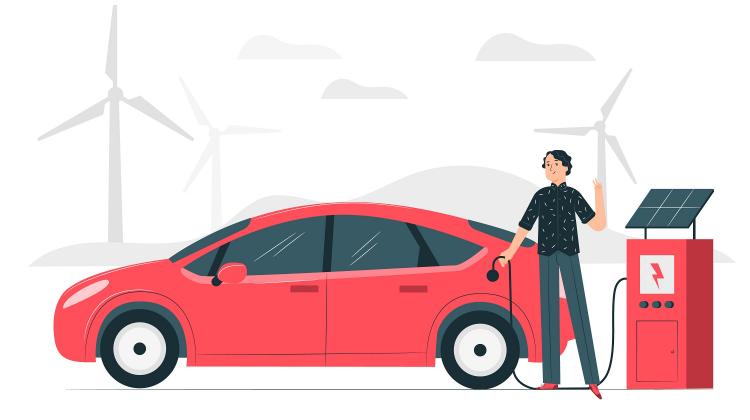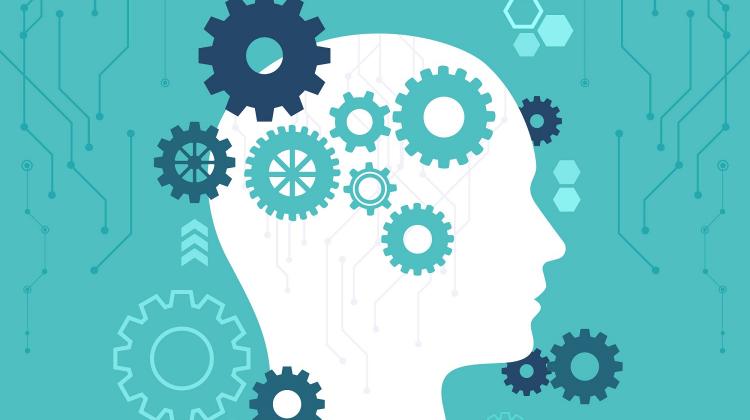The fatal accident by an autonomous car in the USA was in the headline news around the globe. The topic sure was popular, although probably not in the way that the companies working on artificial intelligence for driving systems would have it.
Based on newspaper reports, it would be hard to determine what caused the accident. Nevertheless, people may get an idea that radars and other advanced technologies are not as safe and reliable as their creators would want them to believe. Cornucopia of hard statistical data on millions of accident-free kilometers will be of no use. An average person will not pay any mind to hundreds of traffic accidents that happen every day, yet he or she is sure to remember the media-hyped accident by the soulless machine.
It may have much further-reaching consequences than it might seem on the face of it. Mind you that until recently, by and large, traditional and social media waxed lyrical about driverless cars. Viewership of films featuring vehicles avoiding collisions or other dangerous situations used to be high. There were enthusiastic reports about autonomous driving system 'skills'. People were betting on how soon self-driving cars would be common enough to become a regular feature of our daily lives. It may turn out however that 'the-man-killed-by-a-machine' news story will reverse that trend. In its wake, antagonists can now argue that pulling out the driver as the weakest link is not an effective remedy against traffic accidents. It turns out that even though 'the electronic driver' does not get tired or distracted, it is not infallible.
Legal matter
It should be kept in mind that robotic cars require not only technology but also legislation. A drop in public confidence in autonomous driving systems is bound to affect the rate of legislative changes. A potential slowdown in the liberalization of traffic laws to allow autonomous vehicles would certainly have an effect on their development. Objectors are gaining ground, which may result in the introduction of something akin to the Locomotive Acts. It is considered that the 19th c. laws that imposed Draconian limitations on the development of motorization, effectively thwarted its development in the country, and divested it of the unquestionable leader position. History likes repeating itself and soon we may witness a similar situation in the realm of autonomous cars. Curiously enough, autonomous trains that have for some time now been operating in many places around the world are not nearly as controversial. Time will tell if the same will happen to robotic cars and what effect the accident will have on the development of the technology.
A look into the future
At the beginning of 2015, Elon Musk said that within the following 20 years people may be forbidden to drive any road vehicles. This sounds like a remote 'prophecy', and one that slips further in time as a result of accidents similar to the one referred to above. Statements like 'we won't have a human being behind the steering wheel of a two-tonne death machine' are a public relations issue for the industry. Not unlike the topic of the ethics of autonomous cars. Users will need to know and want to know how their car will behave in danger and what lesser evil it will opt for. This, however, is a topic for a totally different discussion unrelated to the accident in Phoenix, Arizona.



